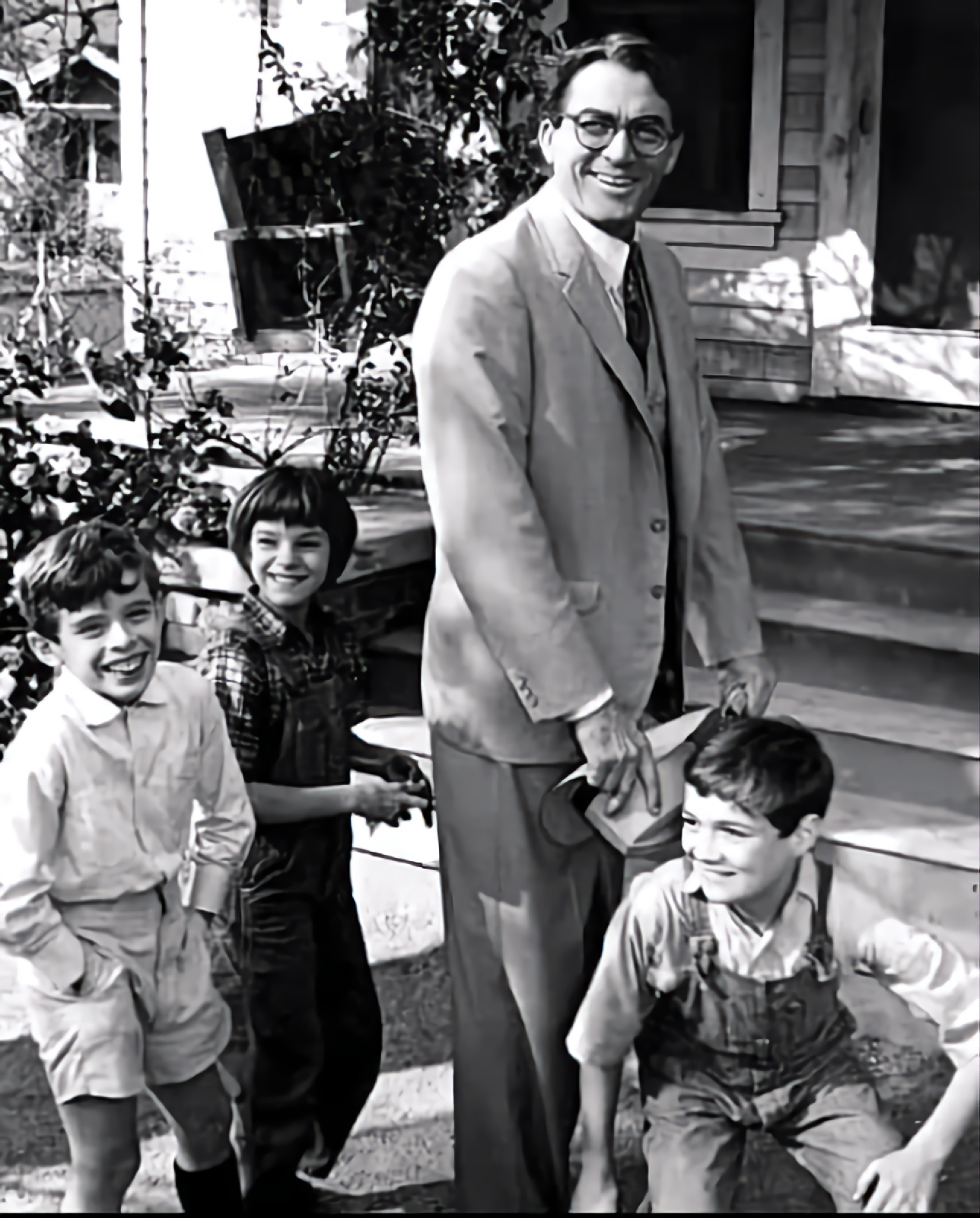"To Kill a Mockingbird," released in 1962, is more than a film; it's a powerful narrative that weaves themes of innocence, justice, and moral fortitude.
"To Kill a Mockingbird," released in 1962, is more than a film; it's a powerful narrative that weaves themes of innocence, justice, and moral fortitude. At its heart are Gregory Peck, Mary Badham, Phillip Alford, and John Megna, whose performances not only defined their careers but also etched an indelible mark on the tapestry of American cinema.
Gregory Peck, embodying the righteous and stoic Atticus Finch, became an icon of integrity and moral courage. His portrayal transcended acting, offering a blueprint for empathy and justice in a world rife with prejudice. Peck's Atticus is a pillar of strength, not just for his children, Scout and Jem, played by Mary Badham and Phillip Alford, but for the audience as well. His calm demeanor and unwavering commitment to what is right, even in the face of overwhelming opposition, continue to inspire generations.
Mary Badham, as Scout, brought an innocence and curiosity that perfectly captured the essence of childhood. Her portrayal is poignant and profound, offering a child's perspective on the complexities of racial injustice and human nature. Her interactions with Peck are heartwarming, reflecting a deep, familial bond that transcends the screen. Badham's Scout is a reminder of the purity of childhood and the importance of nurturing understanding and compassion from a young age.
Phillip Alford's portrayal of Jem is equally significant. As Scout's older brother, he represents the bridge between innocence and the harsh realities of the adult world. His journey throughout the film mirrors the loss of innocence faced by many in the era of segregation and prejudice. Alford's performance captures the confusion, anger, and eventual understanding that comes with growing up in a divided world.
John Megna, as Dill, adds another layer to this canvas. His character, based on Truman Capote, is both comical and tragic. He brings a sense of adventure and naivety, often lightening the mood, but also portrays a deep loneliness and search for belonging. Megna's performance is a subtle yet powerful reminder of the different faces of childhood.
These actors, under the skillful direction of Robert Mulligan, created a film that is not just a story but a reflection of society. The lessons of "To Kill a Mockingbird" are timeless. The film teaches empathy, courage, and the importance of standing up for what is right, regardless of the odds. The performances of Peck, Badham, Alford, and Megna embody these themes, making the film a poignant, enduring masterpiece. Their collective work on this film did more than entertain; it educated and inspired. It's a testament to the power of cinema to reflect and influence society, and a reminder of the role art plays in shaping our collective conscience.


